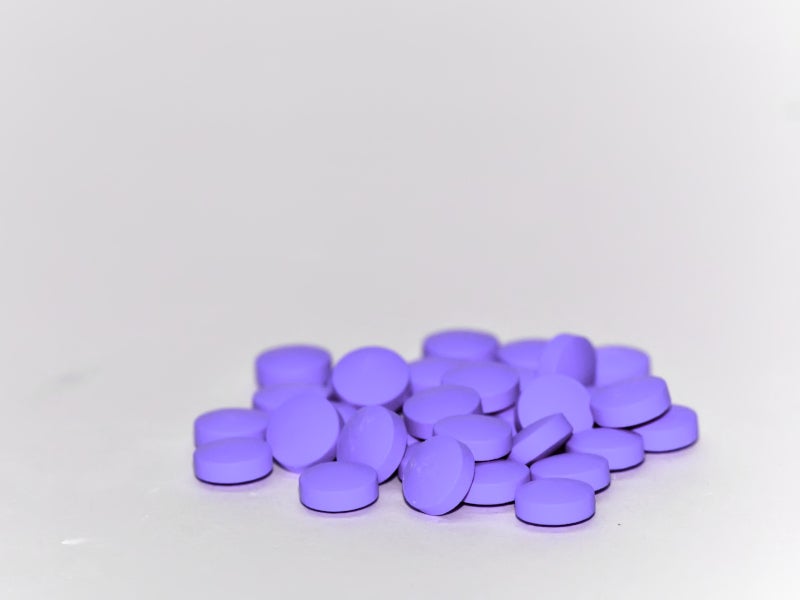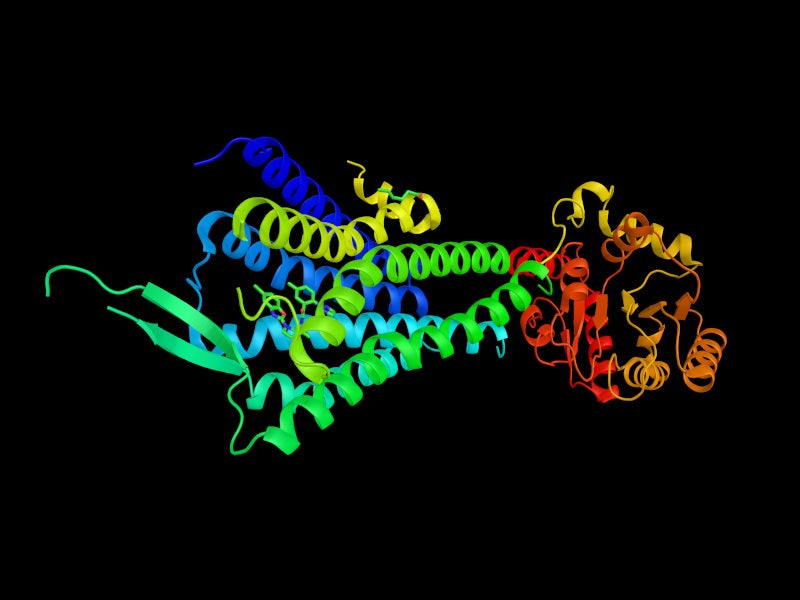QUVIVIQ™ (daridorexant) is a dual orexin receptor antagonist indicated for the treatment of adults with insomnia, characterised by difficulties with sleep onset and/or sleep maintenance.
Developed by Idorsia Pharmaceuticals, a biopharmaceutical company based in Switzerland, QUVIVIQ is a novel therapy made commercially available in the US in May 2022.
QUVIVIQ is available as arc-triangle shaped, film-coated tablets in light purple colour of 25mg dosage and light orange colour of 50mg dosage strengths for oral administration.
Regulatory approvals for QUVIVIQ
In January 2021, Idorsia submitted a new drug application (NDA) to the US Food and Drug Administration (FDA) for daridorexant. The FDA accepted the NDA for review in March 2021. QUVIVIQ received approval from the FDA in January 2022.
In March 2021, a marketing authorisation application (MAA) for the drug was submitted to the European Medicines Agency (EMA). The EMA’s Committee for Medicinal Products for Human Use (CHMP) issued a positive opinion for the approval of the drug in the Europe in February 2022. The European Commission (EC) approved the drug in April 2022.
Daridorexant is currently under review in Switzerland and Canada.
Insomnia causes and symptoms
Insomnia is a type of sleep disorder characterised by trouble falling or staying asleep. Around 25 million American adults suffer from insomnia, making it the most prevalent sleep disorder in the US.
The brain’s complex neural circuitry regulates wake and sleep signals. The orexin system is an important component of the circuitry, which promotes wakefulness through its OX1R and OX2R receptors.
Orexin levels rise during the day to promote wakefulness and subsequently drop at night. Overactivity of the wake system is a major contributor to insomnia.
Individuals suffering from chronic insomnia may experience a more cyclic pattern, with recurring episodes of sleep/wake issues spanning several weeks at a time.
Short-term insomnia is defined as trouble starting or sustaining sleep for less than three months.
Common daytime symptoms of insomnia are fatigue, despondency or impatience, overall malaise, and cognitive impairment. The disease is usually associated with high blood pressure, diabetes, and depression.
Medications that target gamma-aminobutyric acid type-A (GABA-A) and serotonin, histamine, or melatonin receptors are used to treat insomnia.
QUVIVIQ’s mechanism of action
The inhibition of orexin receptors is believed to play a significant role in the treatment of insomnia.
QUVIVIQ binds to and inhibits the binding of the OX1R and OX2R orexin receptors to wake-promoting neuropeptides orexin A and orexin B, which are believed to suppress wake drive.
Clinical trials on QUVIVIQ
The efficacy of QUVIVIQ was evaluated in two multicentre, randomised, double-blind, placebo controlled, parallel-group studies.
A total of 1,854 patients with Diagnostic and Statistical Manual of Mental Disorders, Fifth Edition (DSM-5®), of insomnia were randomised to receive the drug or a placebo for three months.
The primary efficacy endpoints of both studies were the change from baseline to the first and third months in latency to persistent sleep (LPS) and wake after sleep onset (WASO).
Secondary endpoints included patient-reported total sleep time (sTST), evaluated every morning at home using a validated sleep diary questionnaire (SDQ).
The first study showed a statistically significant improvement against placebo on polysomnography (LPS, WASO) and sTST, while the second trial showed a significant improvement on WASO and sTST at the first and third months.
The EC approval was supported by strong Phase Ⅲ data that demonstrated better sleep onset, maintenance, and self-reported total sleep duration.
The Phase III programme’s key focus was to examine the drug’s effect on daytime functioning in people with insomnia condition, as measured by Insomnia Daytime Symptoms and Impacts Questionnaire (IDSIQ). During the day, patients reported feeling less emotionally and physically weary, less drowsy, and livelier.
Common adverse effects reported in the studies included headaches, somnolence or fatigue, hypersomnia, lethargy, dizziness, vertigo, labyrinthitis, nausea, vomiting, and procedural nausea.
In August 2020, Idorsia Pharmaceuticals Japan, a subsidiary of Idorsia, revealed the favourable results of a dose-confirmation trial for daridorexant in Japanese patients with insomnia. Registration studies are being prepared in Japan based on these positive results.





